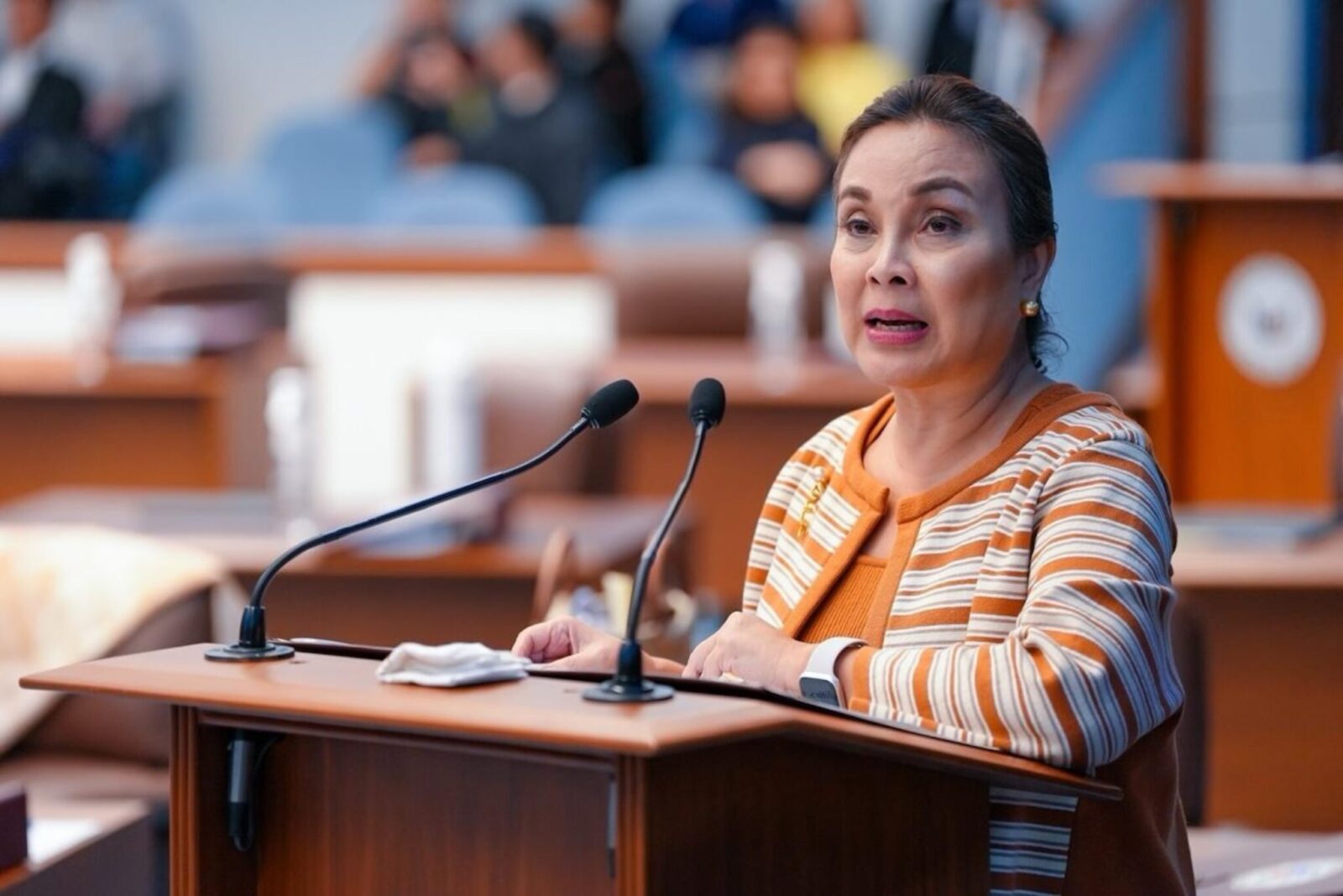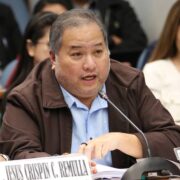Lawmaker ‘cautiously optimistic’ at reforms in PhilHealth service

Sen. Loren Legarda on Saturday expressed cautious optimism that the order of the Philippine Health Insurance Corp. (PhilHealth) expanding the medical coverage for certain diseases, including heart ailments, would directly benefit ordinary Filipinos.
“Although these reforms are welcome, we still need to see how PhilHealth will implement them effectively,” Legarda said in a statement.
“For instance, while there’s a 50-percent increase in select case rates, PhilHealth has not clarified which cases will be covered and how much will be allocated,” she added.
She stressed true universal health care “cannot exist if the coverage remains insufficient and uncertain.”
PhilHealth, which had been under fire for its continued failure to lower the out-of-pocket expenses of poor Filipinos despite the passage of the Universal Health Care Act, recently issued a circular that improved the benefits of patients being treated for heart diseases.
This included the payment for “percutaneous coronary intervention (PCI),” which was now allocated with P524,000, a significant increase from its previous rate of P30,300. Formerly known as angioplasty with stent, PCI, according to Health and Stroke Foundation of Canada, “is a nonsurgical procedure … [used] to open up blood vessels in the heart that have been narrowed by plaque buildup, a condition known as atherosclerosis.”
But Legarda noted the lingering doubts over the state health insurer’s capability to provide benefits only resulted in the “lack of trust” among its members.
The veteran lawmaker, who joined her colleagues in criticizing PhilHealth’s questionable policies, said it was “plain injustice” that paying members were still shouldering bulk of their medical expenses.
Several senators had earlier said that PhilHealth was to blame for the bicameral conference committee’s decision to deny its request for P74.4 billion in government subsidy in the 2025 national budget.
“The monthly contributions taken from the salaries of workers are significant, but we have yet to see a substantial increase in PhilHealth coverage,” Legarda said.
“Put yourself in the shoes of a person who has been paying PhilHealth for years, or even decades, and then when [he or she] finally needs to use it, only 10 to 20 percent of the [hospital] bill is covered,” she lamented. “It’s plain injustice, and it needs to be addressed.”
She added PhilHealth should focus on improving the health coverages of its beneficiaries, particularly the senior citizens, persons with disabilities and other nonpaying members, instead of investing its excess funds.

















